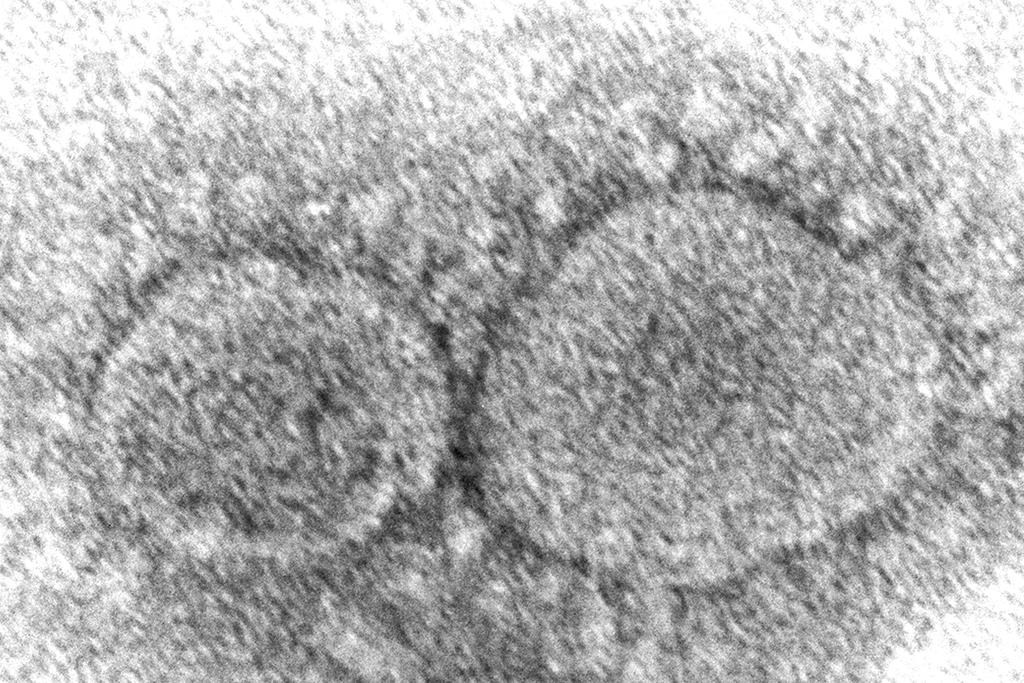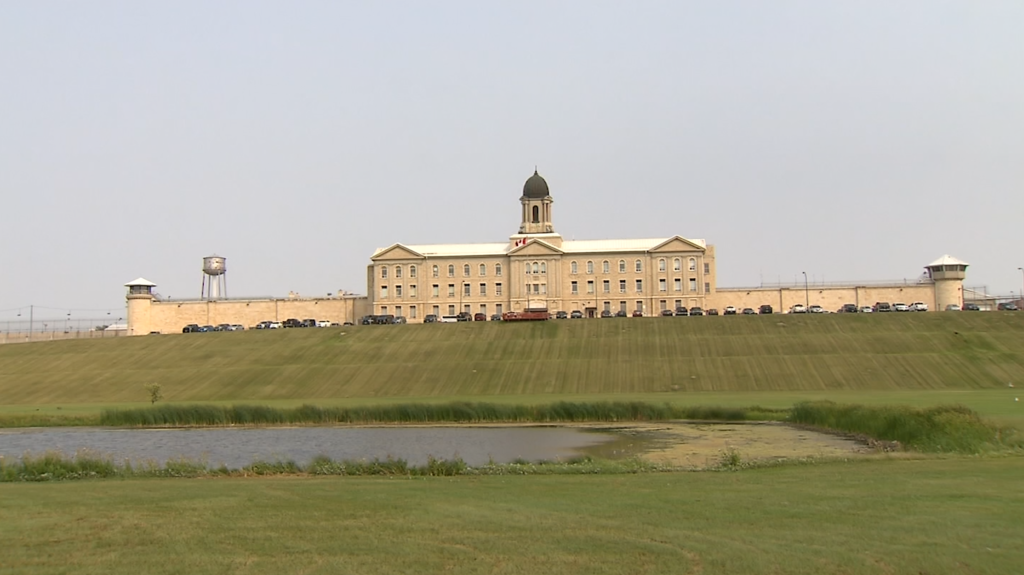StatsCan finds 98% of Canadians have COVID-19 antibodies

Posted March 27, 2023 1:32 pm.
Nearly all Canadian adults have acquired antibodies against COVID-19, whether through previous infection or through vaccination, Statistics Canada has found.
Releasing results from the second round of its Canadian COVID-19 Antibody and Health Survey (CCASH), StatsCan says between April and August 2022, more than 54 per cent, or 16.4 million people, had antibodies indicating that they had been infected with SARS-CoV-2.
StatsCan says this is more than 20 times higher than the 2.6 per cent of people it found in 2021 who had been infected with the virus.
About 40 per cent of those who had been infected with the virus didn’t know they had ever had COVID-19, the national data organization found.
Related Articles:
-
Canadian surgery wait times still lagging amid COVID-19 backlog
-
Will we ever know Covid-19’s origin story?
More than 100,000 Canadians aged 18 or older across the country were randomly selected for the survey, StatsCan explained, and along with completing a questionnaire, respondents were also required to submit saliva test kits.
“These nationally representative results are complementary to results of the COVID-19 Immunity Task Force’s seroprevalence modelling based on more than twenty studies and are an important additional dataset to integrate into our monthly estimates,” Catherine Hankins, co-chair of the COVID-19 Immunity Task Force said Monday. “These data also reaffirm findings that racialized Canadians have had a greater incidence of COVID-19 than non-racialized Canadians, pointing to systemic issues that must be addressed now.”
When adding data related to vaccinations, StatsCan says 98 per cent of Canadians have antibodies against the virus.
The organization says younger Canadians were found to be more likely to have been exposed to infection since the start of the pandemic, while older people living in private homes were more unlikely to not be aware of their infection.
“Increasing our understanding of COVID-19, including its longer-term symptoms and effects, is key to addressing and recovering from the pandemic. Your involvement provided valuable insights to better understand the extent of COVID-19 across the country and help support those who are experiencing longer-term symptoms,” Federal Health Minister Jean-Yves Duclos said.
The first cycle of the CCHAS survey began in 2020, and a follow-up to this cycle will launch later this year.








